The Power of IMAP: Unlocking the Potential of Calendar Synchronization
Related Articles: The Power of IMAP: Unlocking the Potential of Calendar Synchronization
Introduction
With enthusiasm, let’s navigate through the intriguing topic related to The Power of IMAP: Unlocking the Potential of Calendar Synchronization. Let’s weave interesting information and offer fresh perspectives to the readers.
Table of Content
The Power of IMAP: Unlocking the Potential of Calendar Synchronization

The digital age has transformed the way we manage our lives, and the humble calendar has become an indispensable tool for organization and productivity. While traditional calendar applications often operate in a silo, the emergence of IMAP (Internet Message Access Protocol) has ushered in a new era of calendar synchronization, allowing users to seamlessly access and manage their schedules across multiple devices and platforms. This article delves into the intricacies of IMAP calendars, exploring their functionality, benefits, and implications for modern-day users.
Understanding IMAP: A Gateway to Calendar Synchronization
IMAP is a protocol that enables users to access and manage email messages on a remote server. However, its potential extends far beyond email, encompassing a wide range of applications, including calendar synchronization. When applied to calendars, IMAP allows users to store their calendar data on a central server, accessible from any device equipped with an IMAP-compatible calendar client. This synchronization ensures that all appointments, events, and reminders are instantly reflected across all connected devices, eliminating the need for manual data entry and ensuring a unified view of one’s schedule.
The Benefits of IMAP Calendars
The advantages of IMAP calendars are multifaceted and extend to both individual users and organizations. Here are some key benefits:
1. Seamless Synchronization: IMAP calendars eliminate the frustration of managing multiple calendars on different devices. With data stored centrally and automatically synchronized, users can access their schedules from any location, ensuring consistency and eliminating the risk of missing appointments or events.
2. Enhanced Collaboration: IMAP calendars facilitate collaboration by allowing multiple users to share and edit calendars. This feature is particularly valuable for teams, families, or organizations that need to coordinate schedules and events. By granting access to specific calendars, users can stay informed about colleagues’ availability, share upcoming deadlines, or coordinate project schedules.
3. Increased Accessibility: IMAP calendars empower users to access their schedules from any device with an internet connection. This flexibility is crucial for individuals who frequently travel or use multiple devices for work and personal life. Whether using a smartphone, laptop, or tablet, IMAP ensures that the calendar is always readily available.
4. Enhanced Security: Storing calendar data on a secure server offers an added layer of protection. Unlike local files, which can be vulnerable to data loss or corruption, IMAP calendars ensure that data is backed up and protected, minimizing the risk of losing important information.
5. Cost-Effectiveness: IMAP calendar services are often offered as part of free or low-cost email providers, making them an accessible and affordable solution for individuals and organizations of all sizes.
Understanding the Mechanics of IMAP Calendars
IMAP calendars function by leveraging the same principles as IMAP email. When a user creates or modifies an event on their calendar, the changes are transmitted to the central server. This server then updates all connected devices, ensuring that the calendar remains consistent across all platforms.
Key Components of an IMAP Calendar System:
- IMAP Server: The central repository for calendar data, responsible for storing and synchronizing information.
- Calendar Client: The software application used to access and manage the calendar on a specific device.
- IMAP Protocol: The communication protocol that enables data exchange between the server and client.
Popular IMAP Calendar Providers
Several reputable providers offer IMAP calendar services, including:
- Gmail: Google’s popular email service provides a robust IMAP calendar system, accessible through its web interface and mobile apps.
- Yahoo Mail: Yahoo Mail offers a free IMAP calendar, allowing users to manage their schedules and synchronize data across multiple devices.
- Outlook.com: Microsoft’s email service includes a fully functional IMAP calendar, offering features such as shared calendars and event reminders.
- Fastmail: A premium email provider that offers a comprehensive IMAP calendar with advanced features like task management and location-based reminders.
FAQs about IMAP Calendars
Q: How do I set up an IMAP calendar?
A: Setting up an IMAP calendar typically involves configuring your calendar client to connect to the IMAP server provided by your email provider. Most calendar clients offer a straightforward process for setting up IMAP accounts, often requiring the server address, username, and password.
Q: Can I access my IMAP calendar offline?
A: While IMAP calendars primarily rely on an internet connection for synchronization, some calendar clients offer offline access features. These features allow users to view and edit calendar entries while offline, with changes automatically synced once an internet connection is restored.
Q: Are IMAP calendars secure?
A: IMAP calendars are generally considered secure, especially when using reputable providers like Gmail, Yahoo Mail, or Outlook.com. These providers employ encryption and other security measures to protect user data. However, it’s essential to use strong passwords and avoid sharing your login credentials with unauthorized individuals.
Q: What are the limitations of IMAP calendars?
A: While IMAP calendars offer numerous benefits, they also have some limitations. For example, some features, such as advanced scheduling options or complex task management, might not be available in all IMAP calendar providers. Additionally, the level of customization and control over calendar settings can vary depending on the provider.
Tips for Maximizing IMAP Calendar Usage
- Choose a reputable IMAP provider: Opt for established and reliable providers that prioritize security and data privacy.
- Configure notifications and reminders: Set up notifications for important appointments and events to ensure that you don’t miss any deadlines or commitments.
- Utilize shared calendars for collaboration: Leverage the power of shared calendars to coordinate schedules with colleagues, family members, or team members.
- Explore advanced features: Many IMAP calendar providers offer advanced features such as task management, location-based reminders, and integration with other productivity tools.
Conclusion
IMAP calendars have revolutionized the way we manage our schedules, offering unparalleled flexibility, accessibility, and collaboration capabilities. By leveraging the power of IMAP, users can seamlessly synchronize their calendar data across multiple devices, ensuring a unified and consistent view of their commitments. As technology continues to evolve, IMAP calendars are poised to play an increasingly crucial role in enhancing productivity and streamlining our daily lives. Whether for personal use or professional purposes, IMAP calendars offer a powerful and versatile solution for managing time effectively and staying organized in today’s fast-paced world.
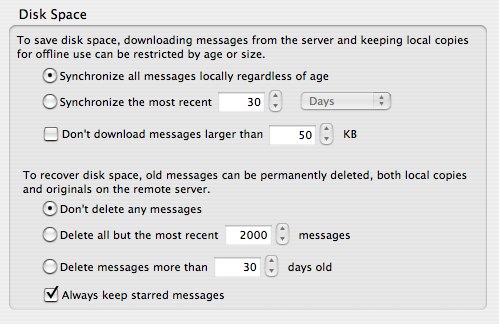
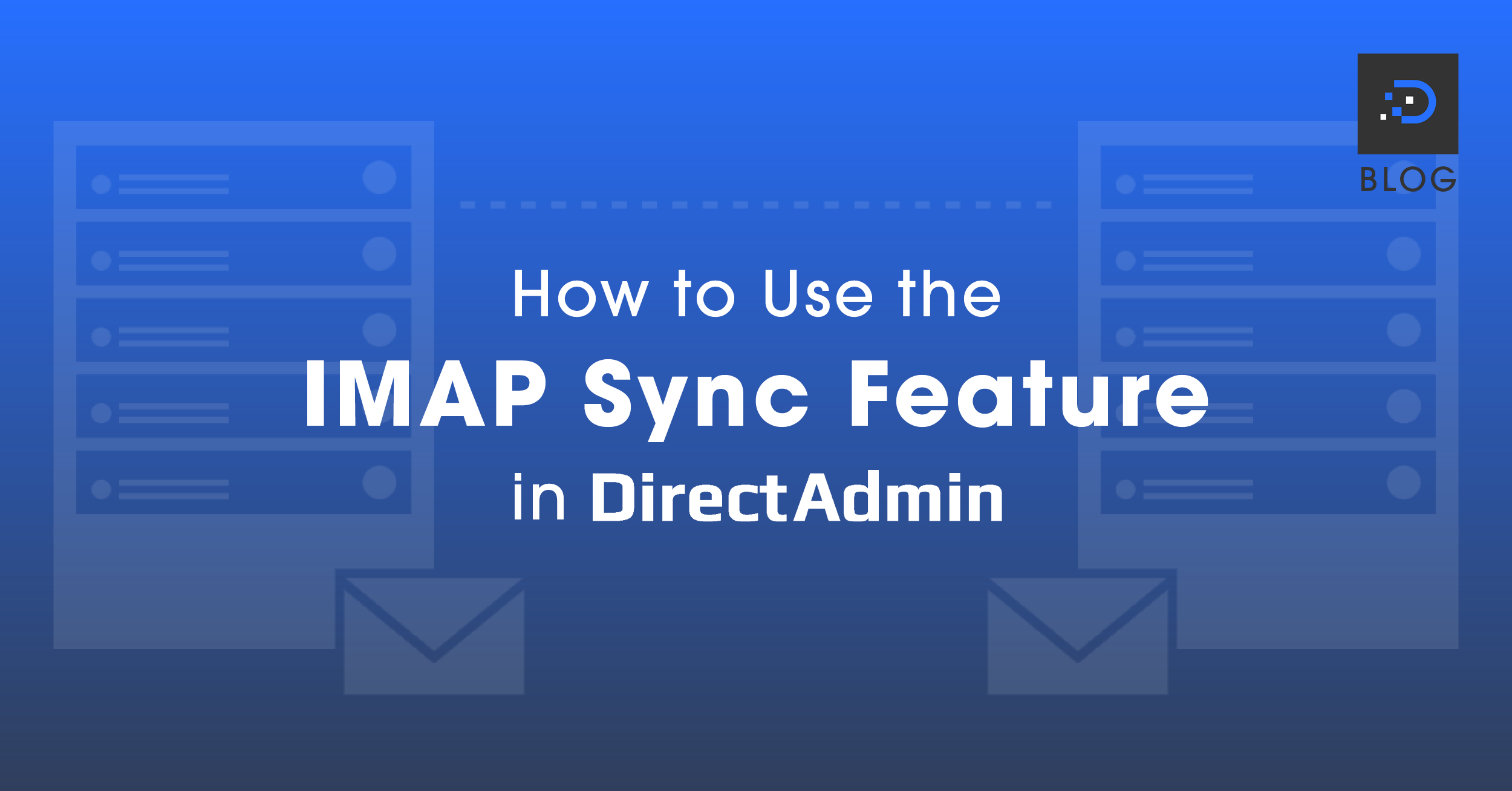
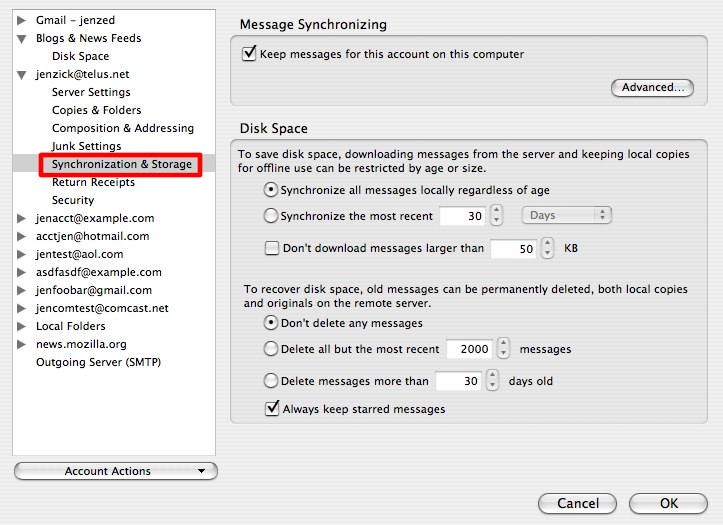
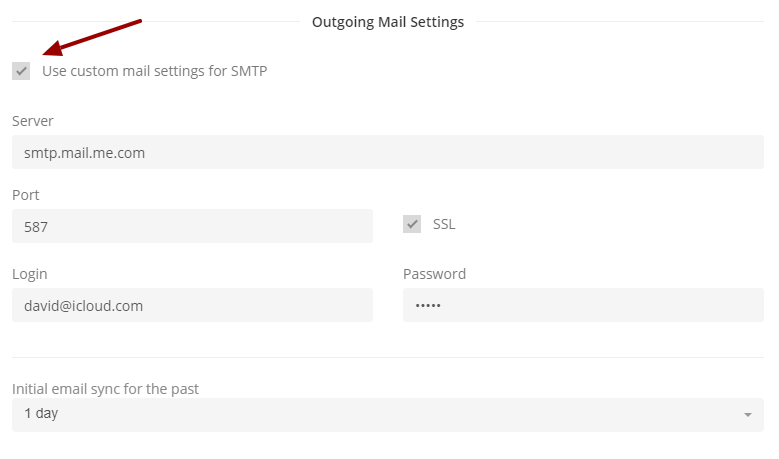
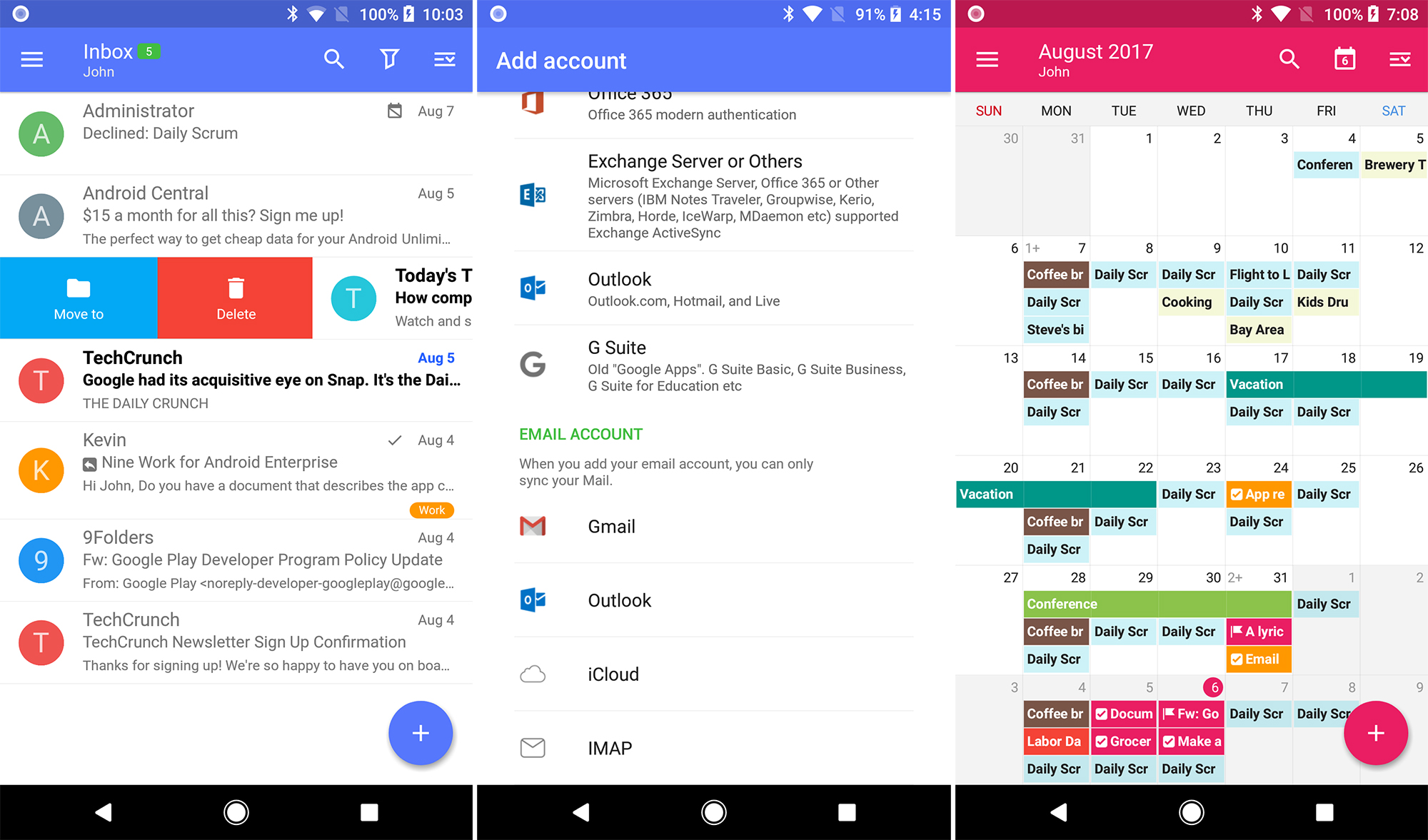
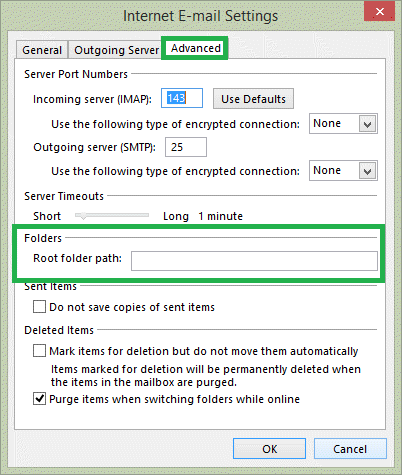

Closure
Thus, we hope this article has provided valuable insights into The Power of IMAP: Unlocking the Potential of Calendar Synchronization. We hope you find this article informative and beneficial. See you in our next article!
